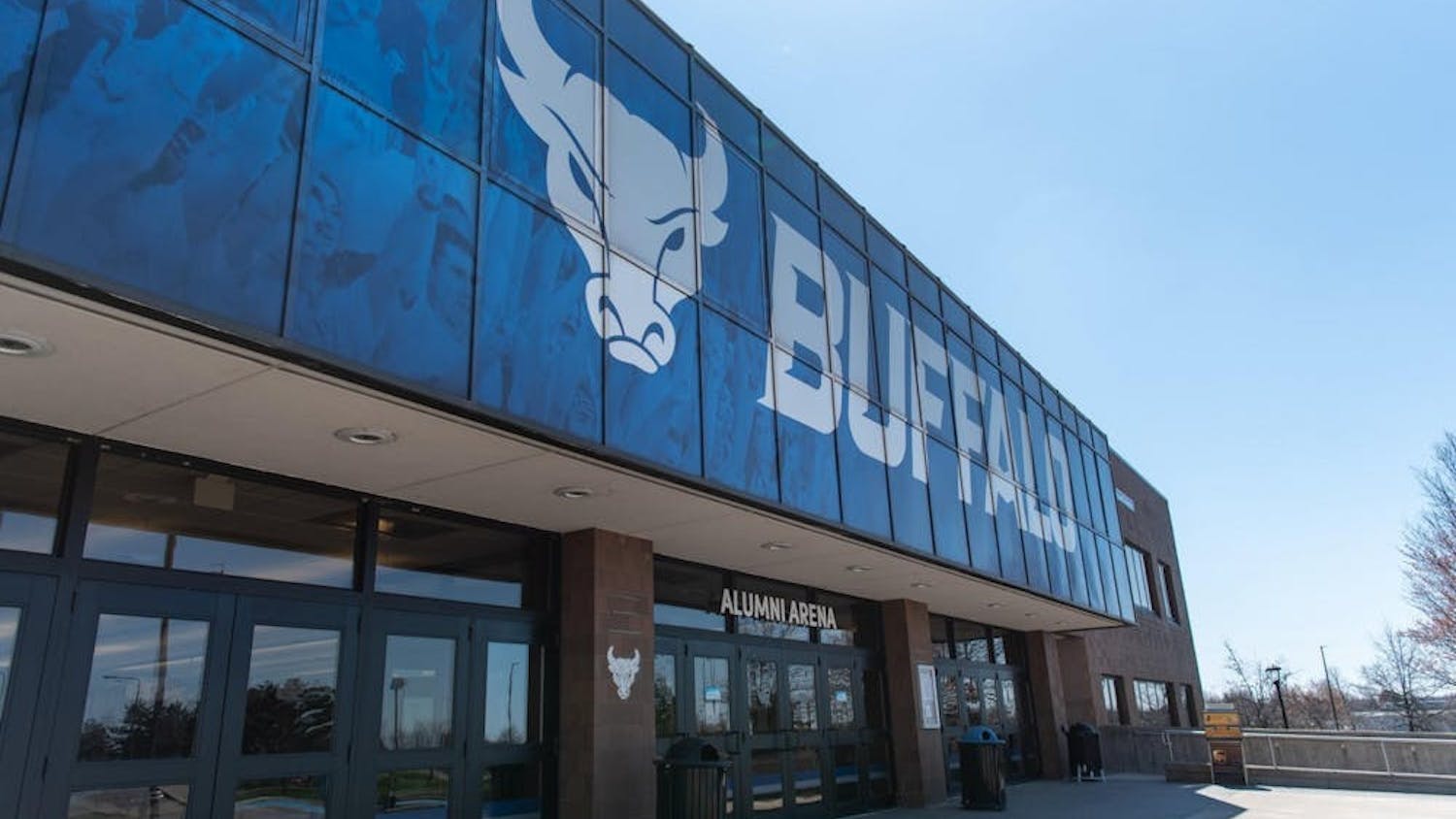Michael Jackson is best described as an enigma.
Riches, fame and notoriety all surrounded Jackson’s 30-year career. The crowned “King of Pop” fostered a legacy imprinted in the musical history books but extended beyond the confines of a record as well.
Jackson’s clash with creativity crossed over to the public as fame grew. His personal relationships showed. The introverted Jackson, while not restraining himself from flexing both his fortune and fame, seemingly looked for something he lacked. With Wade Robson and James Safechuck, he found comfort and a connection that would span a decade.
That time revolved around abuse and deception, as HBO’s recent documentary “Leaving Neverland” discloses.
Both Robson and Safechuck detail a relationship with Jackson consisting of intimacy and sexual abuse beginning as early as age 7 for Robson and age 10 for Safechuck. Jackson’s actions, according to Safechuck and Robson, went over their parent’s heads. Jackson worked his way into both families, even becoming a “son” to Safechuck’s mother.
But “Finding Neverland” makes clear that Jackson, while maintaining a facade of innocence toward both families, took both relationships sexual as soon as he could.
Perhaps the most alarming aspect of “Leaving Neverland” is Jackson’s coaching of both Robson and Safechuck and essentially conditioning both boys and their families to rely on Jackson as if he were a vital part of the family.
And of course, financial incentives and dependence.
In the era of “#MeToo,” what does “Leaving Neverland” mean for Jackson’s impeccable legacy?
Jackson’s recovered notes to both Safechuck and Robson, as well as voicemails, are subject to a grandiose reimagination in “Leaving Neverland.” The film pushes back against his long-running facade of innocence and child-like nature, imploring the audience instead that Jackson was calculated and manipulative beyond the realm of public acceptance. It’s the biggest take away from “Leaving Neverland.”
The evidence was there for 20 years. Jackson, like any master manipulator, played his cards to such strength that allegations and even civil cases often went brushed under the rug.
Jackson, who died in 2009, already has a swarm of support and defense from fans and supporters across the globe. Most have denounced the documentary as a facade which plays loose with facts, and an almost unilateral point to both Safechuck’s and Robson’s previous testimonies as a hit to their credibility. The Jackson family and estate filed a $100 million lawsuit against HBO, claiming breach of a contract against any negative comments toward Jackson.
“Leaving Neverland” presents a narrative in which Jackson maintains, and later brushes off, relationships with both Safechuck and Robson that grew sexual as the years went on. Jackson moves on from Robson to Safechuck and vice versa, later enlisting new would-be companions like Macaulay Culkin.
To this day, Culkin vehemently denies any abuse from Jackson, something “Leaving Neverland” makes clear.
“Leaving Neverland” spends ample time building up the awe and romanticism behind Jackson’s wooing of both families with his status. Robson throws around “larger than life” on several occasions as he tries to explain his childhood and adolescent infatuation with Jackson.
But there was more.
Both men claim to have been in love with Jackson. Safechuck describes a makeshift wedding between himself and Jackson, even displaying the ring Jackson bought for the occasion.
It’s a lot to unpack. Director Dan Reed takes two cases of allegations and brings them to life over four hours.
The second half of “Leaving Neverland,” however, changes the narrative. It focuses on a then-adolescent and now-adult Robson and Safechuck. The film pushes toward the lasting effects of how Safechuck and Robson’s encounters with Jackson have shaped their lives.
For Jackson’s family and fans alike, “Leaving Neverland” presents a perspective on the famed singer that went long ignored. Jackson always seemed to fall between the cracks of a full-blown outsting in popular culture and society. Instead, as allegations grew in the ‘90s and continued into the early ‘00s, Jackson fell back on a growing self-portrayal of innocence that brought him waves of defense.
“Leaving Neverland” asks fans to, if not completely alter, seriously re-evaluate their relationship and view of Michael Jackson.
If Robson and Safechuck are to be believed, Jackson’s legacy is under severe scrutiny. Behind the talent, millions of records and hit singles, was, according to the film, a serious pattern of reeling in young boys to eventually get them alone behind closed doors.
“Leaving Neverland” blows those doors open for the first time.
Brian Evans is the senior arts editor and can be reached at Brian.Evans@ubspectrum.com.
Brian Evans is a senior English major and The Spectrum's senior arts editor.





